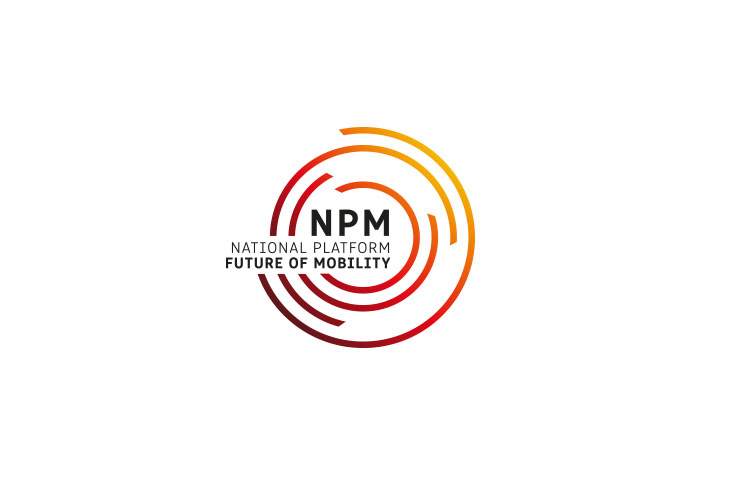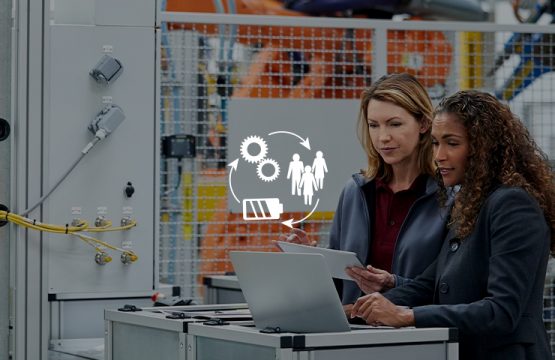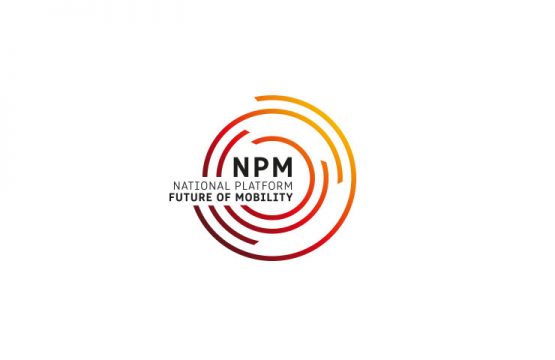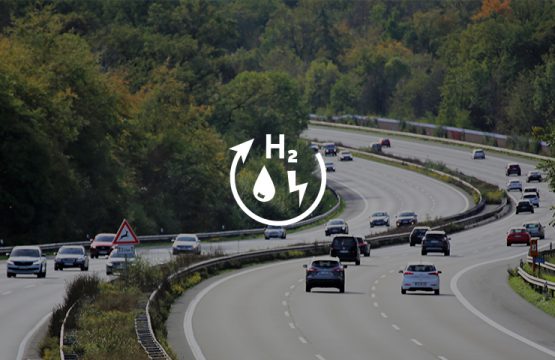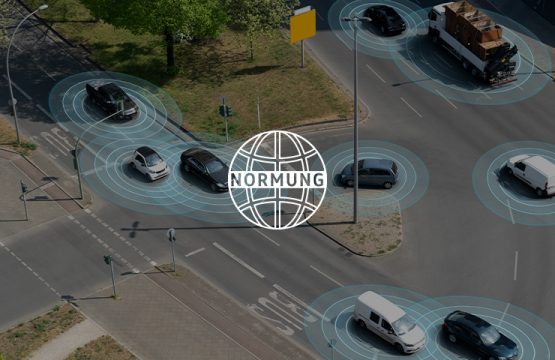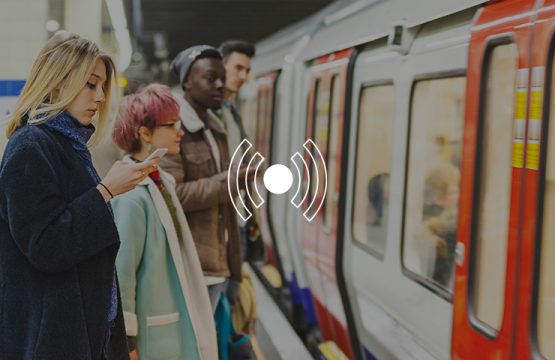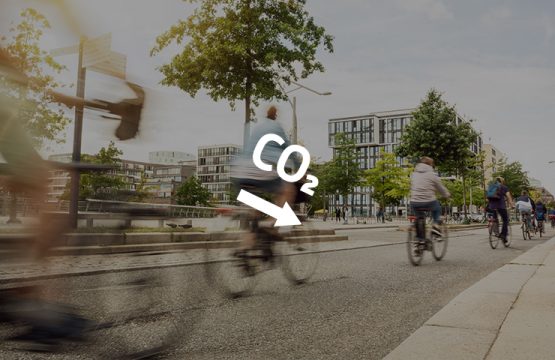Intermodal travel, i. e. booking, using and paying for various modes of transport for a single journey, is not uncommon in today’s world. This concept has great potential to make mobility services more needs-based, cost-effective and, above all, more sustainable for customers in the future. What is still missing, however, is a wide-ranging application across all providers that is comfortable and safe to use. There is a lack in interfaces and standards to easily exchange mobility data and enter into contracts between the stakeholders or to integrate mobility services into intermodal platforms. So what norms and standards are necessary and what conditions have to be met to guarantee seamless, affordable, low-emission, intermodal transport of people and goods across Germany and Europe? The two working groups (WG) 3 Digitalisation for the mobility sector and 6 Standardisation, norms, certification and type approval have been working together to tackle these issues.
The report which was published today considers the question why no-one has managed to develop overarching and widely used standards and norms for the integration of the various mobility services in order to achieve their widespread and consistent application. The report also suggests a framework for action which is to provide an impetus for the swift development and implementation of the missing norms and standards. Digital services and applications are capable of offering users an integrated, comprehensive mobility service ranging from information, booking, payment to invoicing for the entire mobility chain. Intermodal mobility platforms are the one-stop shop that offer all of the above services seamlessly. In real life, however, data usage along the mobility chain is hampered by various barriers that result from missing or disconnected services.
Combined force – creating a shared interest
The development of mobility services and products is driven by a large number of stakeholders with diverging priorities. Hence there has not been a common approach to creating intermodal mobility as an integrated service in one application. For that reason, the report recommends initiating a moderated process with representatives from all relevant stakeholders to find a shared interest for a well-functioning intermodal mobility system, based on which commonly accepted norms and standards regarding information, booking and billing of mobility services can be developed. Once a shared interest has been established, the exact shape and modalities of these norms and standards can be defined with the input from all stakeholders.
Basis for intermodal mobility – trust through robust contracts
Standardised types of contracts play a key role when it comes to integrating partners in intermodal mobility concepts. They ensure contractual security between the parties, form the basis for the implementation and establishment of platform-based, intermodal mobility and create the necessary trust in the relevant transactions. Technical standards and interfaces for all stakeholders provide the framework for such contracts, which should ensure that the contracts can be automated. In this way, new mobility providers can be integrated into a platform-based, intermodal mobility system swiftly and easily. Intermodal services further need standardised and digitalised organisational parameters (e. g. journey and route IDs, fare provisions). Moreover, communication between the systems involved, i. e. between various mobility providers’ different mobility platforms and IT systems, needs to be ensured. As far as this is not already covered by existing norms and standards, the standardisation of data (exchange) and communication protocols, data formats, reports and evaluations of user behaviour and preferences is necessary.
Implementing intermodal mobility – applying agreed norms and standards
There are many barriers to integrating mobility services for intermodal mobility when it comes to the provision of resources and know how as well as handling complexity. There are currently around 800 public transport companies in Germany plus approx. 1,000 mobility providers (e. g. car sharing providers) which often rely on regional intermodality solutions
With regard to implementing intermodal mobility, it is evident that many of the stakeholders – e. g. smaller towns and regional transport companies – do not have the necessary capacities or methods and often use individual, local approaches to implementation. This considerably hinders or even completely undermines the application of nationwide norms and standards. On top of that, divided responsibilities, knowledge and competences between federal, regional and local authorities stand in the way of comprehensive application. The implementation of norms and standards and related overarching and harmonised concepts require central coordination to prevent the emergence of individual regional solutions. From an expert point of view, the establishment of interlinked centres of expertise at regional, national and European levels is an appropriate means to supporting mobility providers in implementing national and European norms, standards and related concepts. These centres of expertise should have a coordinating role to enable stringent and nationwide implementation of intermodal mobility in Germany.
The report is now available to download on the NPM website www.plattform-zukunft-mobilitaet.de (in German).
About NPM – National Platform Future of Mobility
The National Platform Future of Mobility brings together experts in the fields of politics, the private sector, associations, research institutes and NGOs to develop visions for sustainable, environment- and climate-friendly, affordable and competitive mobility in Germany. Presided by Prof. Dr. Henning Kagermann, six working groups develop intermodal guidance to politicians, businesses and society in a technologically-neutral way.
Contact:
Alexandra Huß
Communication advisor
Office of the Chairman of National Platform Future of Mobility
huss@acatech.de
+49 (0)30 / 206 30 96 86
+49 (0)160 / 714 93 25
